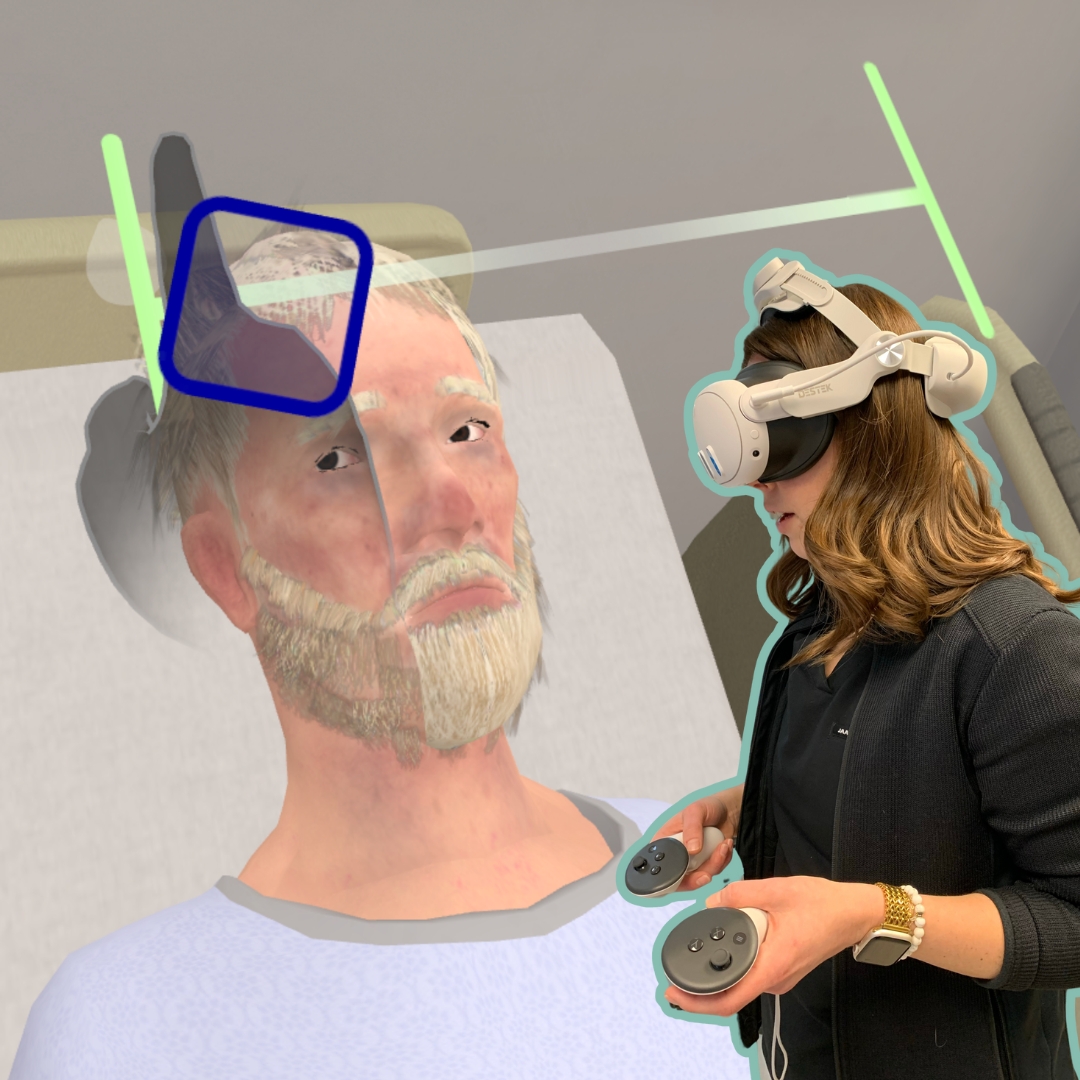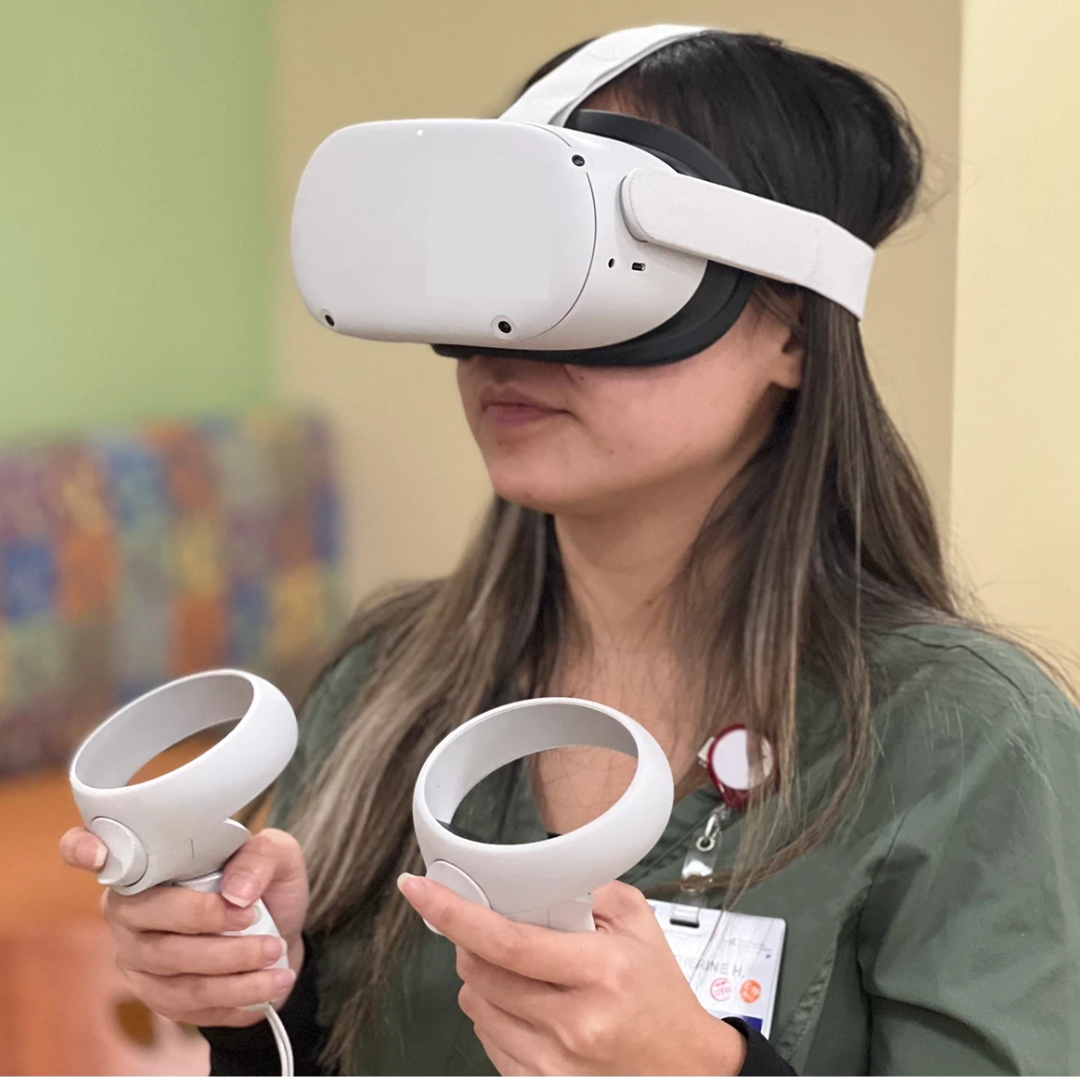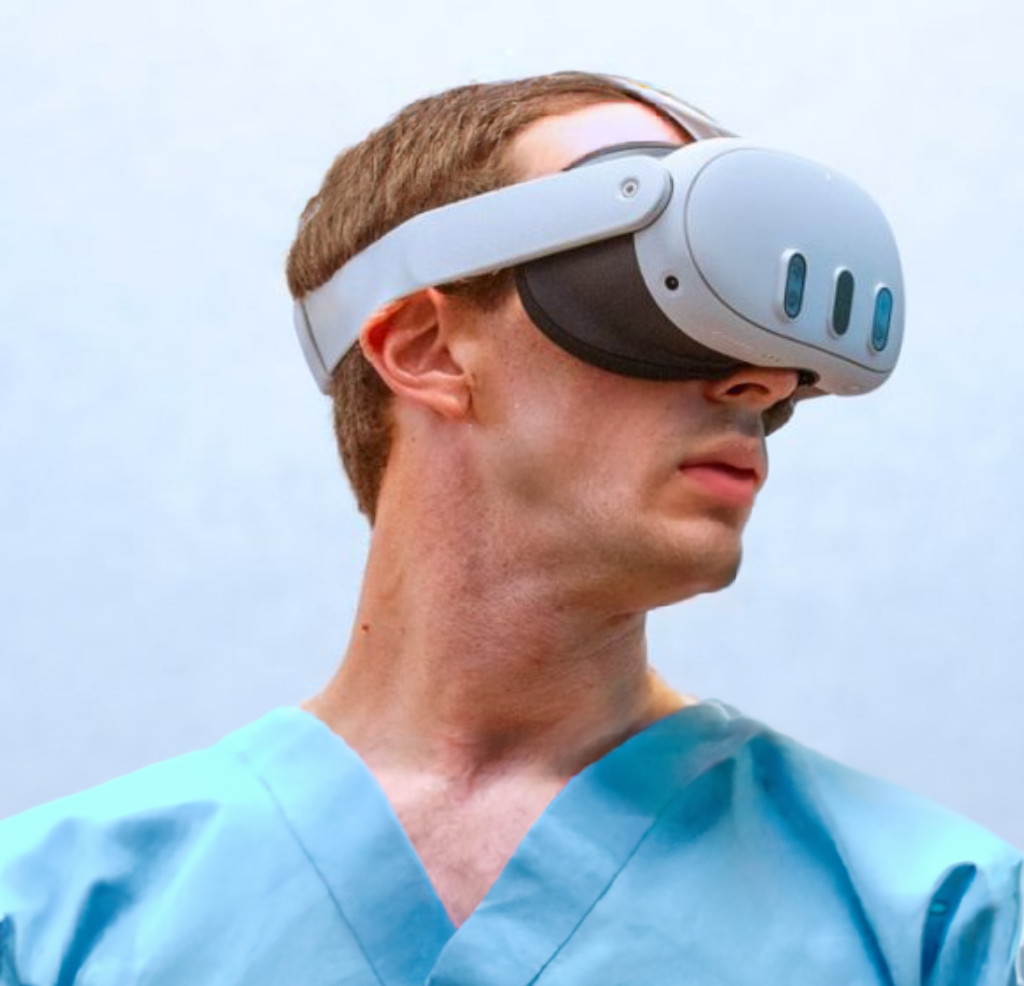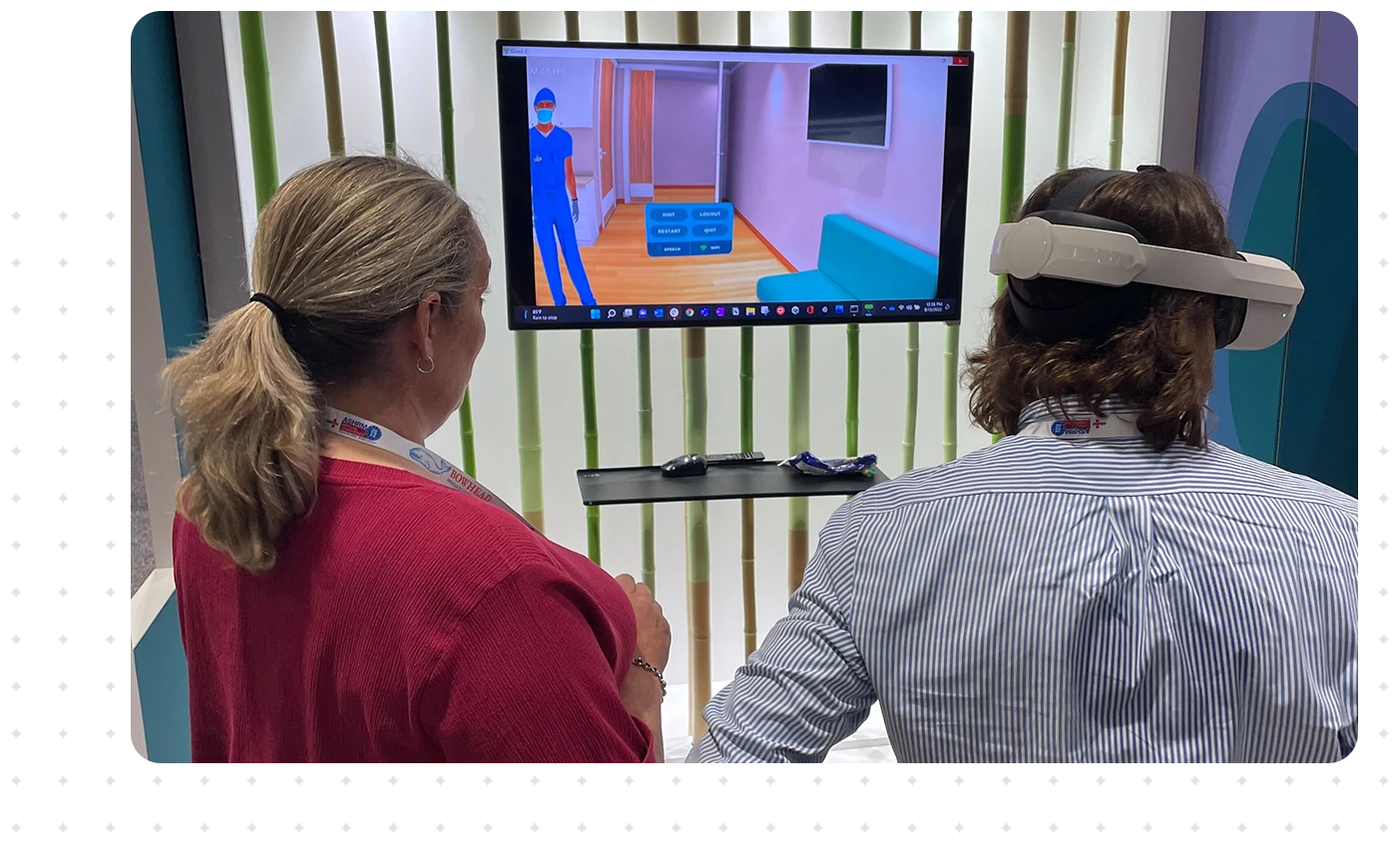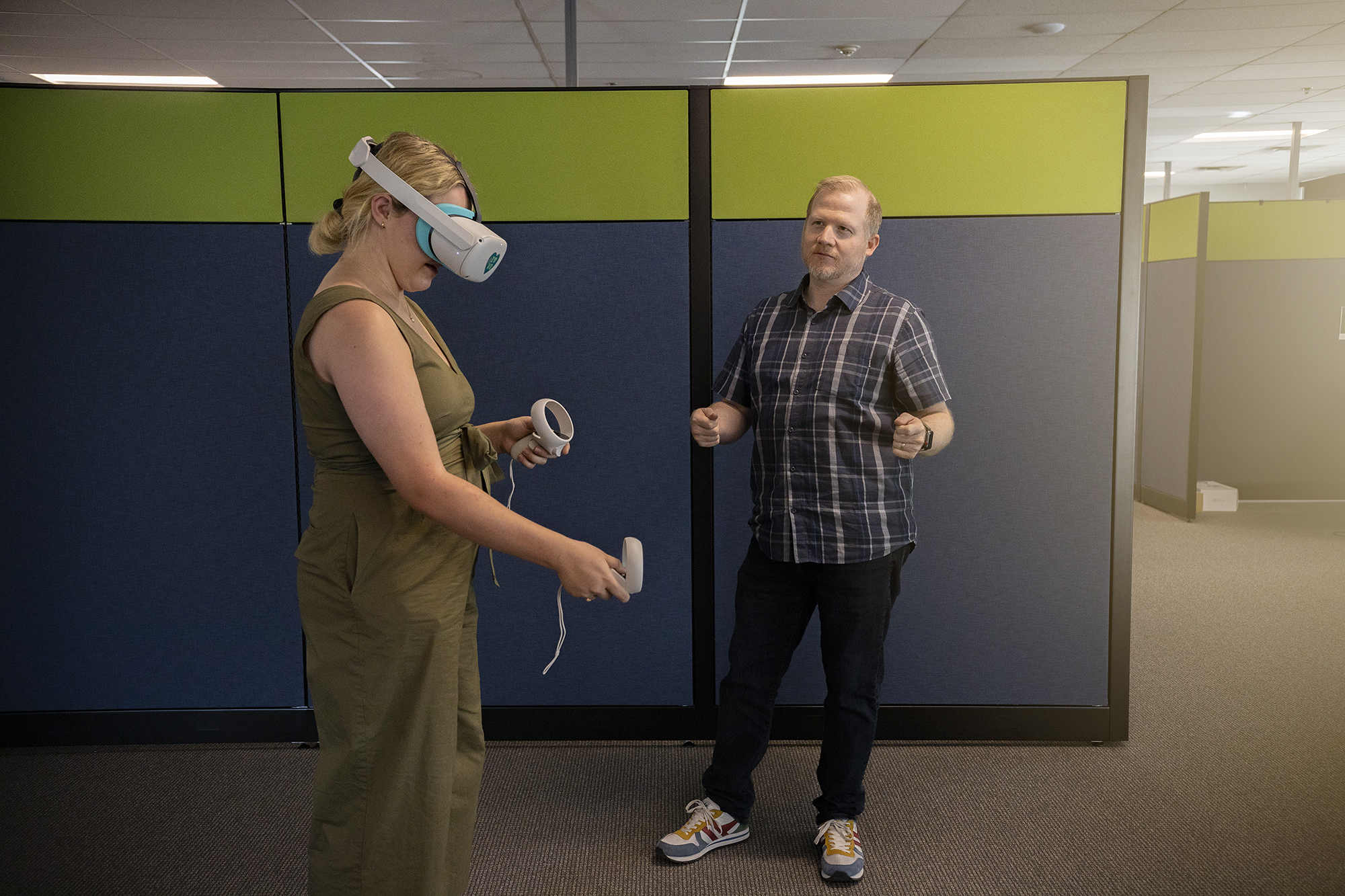
Bridging the Confidence Gap in Healthcare: Empowering Nurses and Clinicians for Enhanced Patient Care
Published May 10, 2023
As a nurse or clinician, confidence in your abilities is crucial for providing excellent patient care. However, many healthcare professionals struggle with confidence, impacting their performance and patient outcomes. In this comprehensive guide, we will delve deeper into the confidence gap in nursing and clinical practice, discuss its implications, and offer evidence-based strategies for closing the gap and boosting confidence supported by relevant studies and research.
Understanding the Confidence Gap in Healthcare Professionals
The confidence gap refers to the disparity between an individual’s actual ability and their belief in their abilities (1). In nursing and clinical practice, this can manifest as imposter syndrome, where healthcare professionals feel like they are not good enough or do not belong in their roles (2). The confidence gap can also stem from negative feedback, past mistakes, or a lack of support from colleagues and supervisors. It’s not uncommon for healthcare professionals to experience imposter syndrome in the workplace, which can have significant consequences.
The Impact of the Confidence Gap on Patient Care and Healthcare Outcomes
A lack of confidence in healthcare professionals can lead to several negative outcomes, including:
- Indecision and delay in treatment: When healthcare professionals lack confidence, they may hesitate in making crucial decisions, leading to delays in patient care and potentially worsening medical conditions (3).
- Poor communication with patients and colleagues: A lack of confidence may hinder effective communication, leading to misunderstandings, misinterpretations, and potential medical errors (4).
- Increased stress and burnout: Healthcare professionals with low confidence may experience higher levels of stress, which can contribute to burnout and affect overall well-being (5).
- Lower job satisfaction and higher turnover rates: Nurses and clinicians who struggle with confidence may feel unfulfilled in their careers, leading to higher turnover rates and negatively impacting healthcare organizations (6).
In order to deliver the best possible healthcare and achieve better outcomes, it is important to tackle the issue of low confidence among healthcare professionals.
Evidence-Based Strategies for Closing the Confidence Gap
The following strategies have been proven effective in closing the confidence gap for nurses and clinicians, as supported by relevant studies and research:
Celebrate Success and Acknowledge Achievements
Reflect on accomplishments and successes regularly, no matter how small they may seem. Recognizing and celebrating personal and professional achievements can help boost confidence and reaffirm one’s capabilities (7).
Embrace Constructive Feedback and Learn from Mistakes
Seek feedback from colleagues and supervisors to identify strengths and areas for improvement. Use feedback constructively to build confidence and enhance skills (8). Instead of viewing mistakes as failures, try to see them as chances to learn and grow (9).
Cultivate a Supportive Work Environment
Encourage open communication and collaboration among colleagues. A supportive work environment fosters trust, confidence, and professional growth (10). Implementing mentorship programs can enhance the self-assurance of healthcare practitioners (11).
Implement Closed-Loop Communication Techniques
Practice closed-loop communication to ensure that all team members are on the same page verbally before any actions take place. This technique can help prevent medical errors, ensure adherence to protocols, and promote efficient teamwork.
Invest in Continuous Learning and Professional Development
Pursue continuous learning and professional development opportunities, such as attending workshops, seminars, and conferences, and engaging in virtual reality (VR) training (Staying up-to-date with the latest trends and advancements in healthcare can enhance knowledge, skills, and confidence.
Additional Tips for Building Confidence in Healthcare Professionals
Develop Emotional Intelligence and Resilience
Cultivate emotional intelligence and resilience by recognizing and managing emotions, developing empathy, and maintaining a positive attitude. These skills can help healthcare professionals navigate challenging situations and overcome setbacks with confidence.
Set Realistic Goals and Expectations
Establish SMART (Specific, Measurable, Achievable, Relevant, Time-bound) goals for personal and professional growth (16). Setting realistic goals and expectations can help healthcare professionals monitor progress, build confidence, and stay motivated.
Engage in Self-Care and Stress Management
Prioritize self-care and stress management to maintain overall well-being. Participate in activities that promote relaxation, such as exercise, meditation, or spending time with loved ones. A healthy work-life balance can contribute to increased confidence and job satisfaction.
Foster a Growth Mindset
Embrace a growth mindset, which involves viewing challenges as opportunities for learning and improvement rather than threats or failures. A growth mindset can empower healthcare professionals to take risks, overcome obstacles, and build confidence in their abilities.
Seek Networking and Collaboration Opportunities
Network with other healthcare professionals and collaborate on projects, research, or professional development opportunities. Building connections and sharing knowledge can bolster confidence and foster a sense of belonging within the healthcare community.
Using Technology to Bridge the Confidence Gap in Healthcare: Enhancing Skills and Empowering Professionals
The Potential of Virtual Reality in Healthcare Training
VR offers immersive, interactive, and realistic training experiences for healthcare professionals. By simulating real-life clinical scenarios, VR allows nurses, clinicians, and other healthcare professionals to practice and refine their skills in a safe and controlled environment. The benefits of VR in healthcare training include:
- Improved skill acquisition: VR enables healthcare professionals to practice complex procedures, develop critical thinking skills, and enhance their clinical decision-making abilities.
- Increased training efficiency: VR provides immediate feedback and allows for the repetition of training scenarios, resulting in faster skill acquisition and improved retention.
- Enhanced confidence: By practicing in a realistic virtual environment, healthcare professionals can build confidence in their abilities before applying their skills in real-life situations.
- Reduced training costs: VR can significantly reduce the costs associated with traditional healthcare training, such as equipment, personnel, and physical space requirements.
Simulation-Based Training in Healthcare
Simulation-based training, which includes high-fidelity manikins, task trainers, and computer-based simulations, has emerged as a powerful tool for addressing the confidence gap in healthcare professionals.
Simulation-based training offers the following advantages:
- Realistic and engaging learning experiences: Simulation-based training replicates real-life clinical situations, allowing healthcare professionals to practice their skills and decision-making in a controlled, risk-free environment.
- Enhanced teamwork and communication: Simulations provide opportunities for healthcare professionals to develop and practice effective communication and teamwork skills, which are critical for patient safety and positive healthcare outcomes.
- Continuous assessment and feedback: Simulation-based training enables an objective assessment of performance, providing healthcare professionals with valuable feedback for improvement.
- Customized learning: Simulation scenarios can be tailored to individual learners’ needs, allowing them to focus on specific skills or knowledge gaps.
Build Confidence and Empowerment in Healthcare Professionals Today!
Closing the confidence gap is essential for nurses and clinicians to provide optimal patient care and improve healthcare outcomes. By implementing evidence-based strategies and fostering a supportive work environment, healthcare professionals can build their confidence, enhance their skills, and contribute to a higher standard of care. Health Scholars takes pride in helping nurses and clinicians gain confidence through the repetition of our VR applications, practicing closed-loop communications, adhering to regulatory guidelines, and assisting clinicians in achieving their goals of improving patient outcomes. By addressing the confidence gap in healthcare, we can empower professionals to excel in their roles and contribute to a healthier, more efficient healthcare system.

